This article was medically reviewed by Will Fuller and by wikiHow staff writer, Danielle Blinka, MA, MPA. Will Fuller is a Certified Massage Therapist and Wellness Educator working in San Francisco, California. Will has worked with the Sports and Recreation Center at the University of California, San Francisco (UCSF), taught sports in England, Kenya, and Kuwait, and is now affiliated with the Chiro-Medical Group. He was trained in physical rehabilitation under a program founded by Dr. Meir Schneider. He has a Bachelors in Sport Science and a Post-Graduate Certificate of Education in Physical Education from Southampton University.
There are 11 references cited in this article, which can be found at the bottom of the page.
This article has been viewed 89,763 times.
Hand cramps happen to us all. They may come up more frequently as you age, or if you have a job that requires repetitive hand and wrist movement. Most hand cramps can be easily treated at home, but medical treatment may be necessary, depending on the cause. Fortunately, it’s also possible to prevent hand cramps!
Steps
Treating Your Hand Cramps at Home
-
1Apply a hot or cold compress to your hand. Both heat and cold can help relieve your pain. Heat is better for soothing the cramp and loosening up any tightness in the muscles, while cold will relieve swelling.[1]
- Place a piece of fabric between your skin and the compress for protection.
-
2Stretch your hand. Hold your hand flat with your fingers touching. Use your other hand to gently press your hand back by pressing against the palms of your finger.[2]
- Alternatively, place your hand against a flat surface. Press down gently, spreading your fingers flat against the surface. Hold for 30-60 seconds, then release.
- You can also stretch your hand by balling your hand into a fist. After 30-60 seconds, open your hand and stretch out your fingers.
Advertisement -
3Massage your hand. Gently rub your hand using small, circular motions. Pay special attention to areas that are tight or especially sore.[3]
- You may want to apply massage oil to your hand.
-
4Drink more water if you may be dehydrated. This is more likely to be the cause if you’ve been exercising, work in the heat, or are taking a medication that acts as a diuretic. Make sure that you are drinking whenever you feel thirsty, to not get dehydrated.
- Since an electrolyte imbalance may cause hand cramps, you may want to drink a sports drink instead.[4]
-
5Rest your hand. Hand cramps are often caused by overuse. Give your hand time to heal by avoiding activities that require a lot of hand movements or that require you to grip something.[5] For sudden cramps, this may only be a few minutes. If you have more severe cramps, you should go a day or 2 with minimal use of your hand.
- You may also need to rest your forearm.
- If your symptoms don’t improve, you should see a healthcare provider.
-
6Discontinue any activity that is causing hand cramps. If overuse is causing your hand cramps, you’re likely doing a repetitive activity.[6] Stopping this activity, even for a short period of time, can help relieve the cramps. Activities that may cause hand cramps include the following:[7]
- Writing
- Typing
- Playing an instrument
- Gardening
- Tennis
- Gripping an object, such as a tool or smartphone
- Bending your wrist too far
- Stretching out your fingers
- Elevating your elbow for a long period of time
-
7Take supplements if you're low in nutrients. Hand cramps occur when you lack certain nutrients, such as sodium, calcium, magnesium, or potassium.[8] This is particularly true for people who do intensive workouts, have kidney disease, are pregnant, have an eating disorder, or are undergoing treatment for a condition like cancer.[9]
- Low B vitamins can also cause muscle cramps.[10]
- Always talk to your doctor or healthcare provider before taking any vitamins or supplements, especially if you are already taking medications. Your doctor can advise you on which supplements are best for you.
Seeking Medical Treatment
-
1Talk to your doctor if your hand cramps persist longer than a few hours. Your doctor can determine if an injury or underlying condition is causing your hand cramps. Additionally, they can recommend treatments or lifestyle changes that can help relieve the cramps.
- Write down the times of day you are experiencing cramps and any activities that seem to cause them. You should also give your doctor a history of how long you’ve experienced the pain.
-
2Get evaluated for rheumatoid arthritis if you have chronic cramps. Rheumatoid arthritis can cause recurring hand cramps that will likely worsen over time. See your doctor if you have pain and swelling that lasts for several weeks.
- Stretching and massage may help relieve your rheumatoid arthritis, but it’s best to meet with a physical therapist to learn how to do them correctly, so as not to aggravate your condition.
- If the doctor determines that you do have rheumatoid arthritis, they can prescribe medications to treat it. In addition to NSAIDs, you can take corticosteroids, disease-modifying antirheumatic drugs (DMARDs), or biological response modifiers to help relieve your symptoms.[11]
-
3Ask your doctor if you may have carpal tunnel syndrome. In some cases, carpal tunnel syndrome can cause hand cramps. You will likely also experience tingling, numbness, and weakness in both your hand and forearm. Carpal tunnel syndrome is usually caused by pressure on your nerve.
- Your doctor may do a physical exam, X-rays, and an electromyogram, which allows the doctor to measure the electrical discharges inside your muscle.
-
4Treat diabetes to prevent diabetic stiff hand syndrome. If you have type 1 or type 2 diabetes, then you’re at risk for diabetic stiff hand syndrome, which can cause hand cramps. This condition makes it hard for you to move your fingers and bring them together. The best way to treat or prevent it is to manage your blood sugar and do daily hand stretches.
- It’s also a great idea to do exercises that keep your hands strong, such as strength training or playing ball sports.[12]
- Follow your doctor’s instructions for taking your medication.
- Talk to a dietician to make sure your diet is appropriate.
Preventing Hand Cramps
-
1Build strength in your hands and forearms. Do your strengthening exercises 2 to 3 days per week. An easy way to build strength in your hand is to squeeze on a small ball, such as a stress ball. Do 10-15 squeezes per hand.
- Another way to build strength in your hands is to play sports that involve catching and throwing a ball. You could play catch, handle a basketball, or toss a tennis ball against a wall.
- You should also stretch your hand daily before and after your work or hobbies. If you do repetitive movements with your hands, you may want to stretch more often.[13]
-
2Nourish your body with water and nutrients. Eat a nutritious, balanced diet that ensures you'll get adequate calcium, magnesium, potassium, and B vitamins. At a minimum, drink 8 glasses of water each day. If you exercise a lot or work in extreme heat, then you should increase your intake.[14]
- If your doctor approves, you can also take supplements to increase your intake of nutrients.
-
3Make sure that items are correctly sized for your hand. Gripping items that are too large or too small for your hand can cause discomfort and cramps. Although many people don’t have to worry about this, those with big or small hands should check their grip on the objects they use often. Look for tools, utensils, workout equipment, hobby gear, and household items that fit your grip size.
-
4Use a computer mouse that is comfortable. If you spend a lot of time on the computer, then your mouse could be contributing to your hand cramps. Luckily, there are many different mouses on the market, so you can find one that better fits your hand. Look for one that does not require you to fold your hand in order to use it. Additionally, you should be able to scroll with minimal movement of your fingers.
- You may want to invest in an ergonomic computer mouse, especially if the hand cramps are chronic or if you use a computer for long periods of time.
Expert Q&A
Did you know you can get premium answers for this article?
Unlock premium answers by supporting wikiHow
-
QuestionWhy do my hands always hurt after I give a massage?
 Will FullerWill Fuller is a Certified Massage Therapist and Wellness Educator working in San Francisco, California. Will has worked with the Sports and Recreation Center at the University of California, San Francisco (UCSF), taught sports in England, Kenya, and Kuwait, and is now affiliated with the Chiro-Medical Group. He was trained in physical rehabilitation under a program founded by Dr. Meir Schneider. He has a Bachelors in Sport Science and a Post-Graduate Certificate of Education in Physical Education from Southampton University.
Will FullerWill Fuller is a Certified Massage Therapist and Wellness Educator working in San Francisco, California. Will has worked with the Sports and Recreation Center at the University of California, San Francisco (UCSF), taught sports in England, Kenya, and Kuwait, and is now affiliated with the Chiro-Medical Group. He was trained in physical rehabilitation under a program founded by Dr. Meir Schneider. He has a Bachelors in Sport Science and a Post-Graduate Certificate of Education in Physical Education from Southampton University.
Certified Massage Therapist
References
- ↑ https://www.betterhealth.vic.gov.au/health/conditionsandtreatments/muscle-cramp#treatment-options-for-muscle-cramp
- ↑ https://my.clevelandclinic.org/health/diseases/15466-muscle-spasms
- ↑ https://orthoinfo.aaos.org/en/diseases--conditions/muscle-cramps
- ↑ https://www.healthgrades.com/symptoms/hand-cramps
- ↑ https://osteopathic.org/what-is-osteopathic-medicine/muscle-cramp/
- ↑ Will Fuller. Certified Massage Therapist. Expert Interview. 9 January 2020.
- ↑ https://osteopathic.org/what-is-osteopathic-medicine/muscle-cramp/
- ↑ https://my.clevelandclinic.org/health/diseases/15466-muscle-spasms#symptoms-and-causes
- ↑ https://my.clevelandclinic.org/health/diseases/15466-muscle-spasms#symptoms-and-causes
- ↑ https://www.emedicinehealth.com/muscle_cramps/article_em.htm#what_causes_muscle_cramps
- ↑ https://www.diabetes.co.uk/diabetes-complications/stiff-hand-syndrome.html
- ↑ https://www.welllifemedical.org/pointing-out-the-facts-diabetes-stiff-hand-syndrome-dshs/
- ↑ https://www.diabetesqld.org.au/news/exercises-to-help-avoid-hand-and-foot-problems/
- ↑ https://www.betterhealth.vic.gov.au/health/conditionsandtreatments/muscle-cramp#treatment-options-for-muscle-cramp
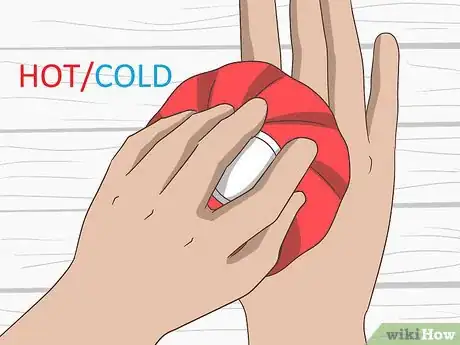
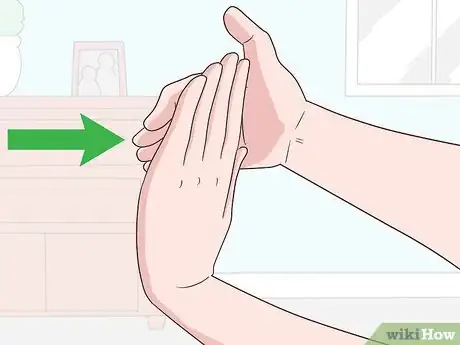
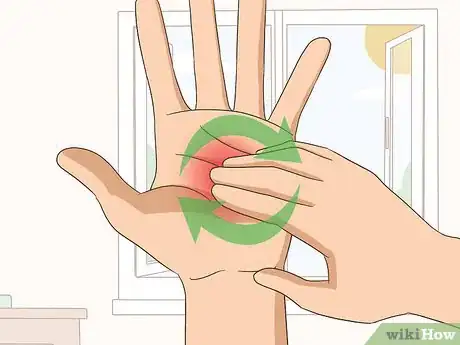
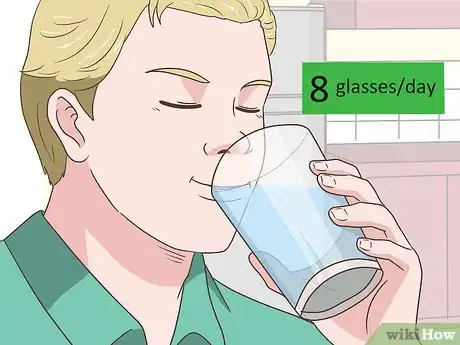
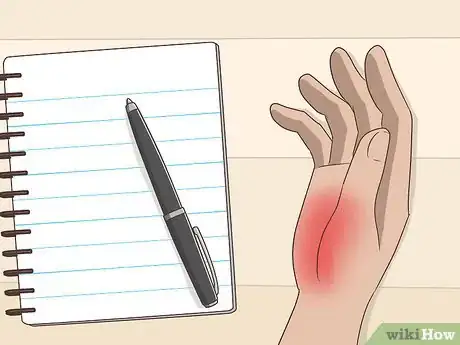
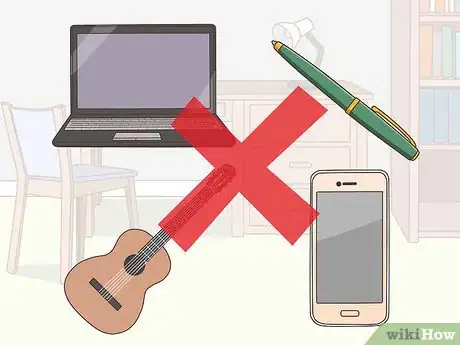

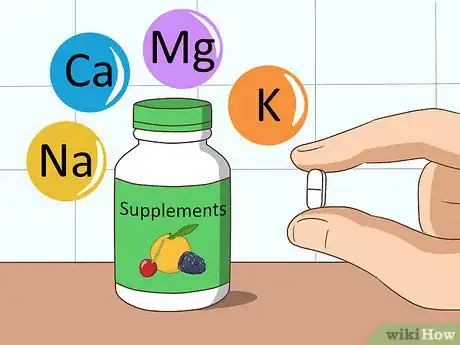
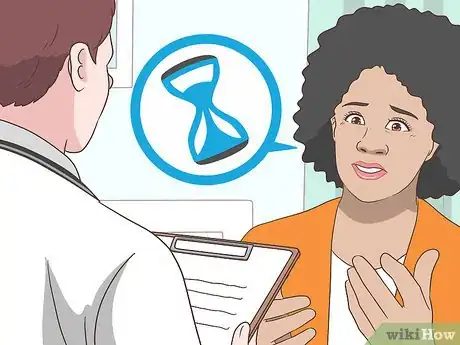
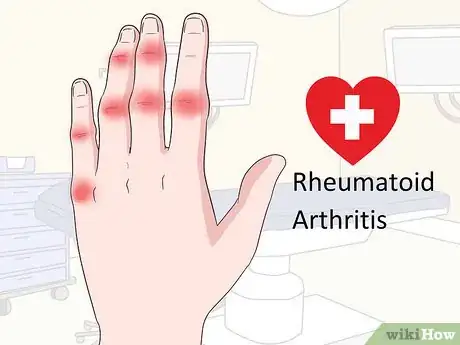
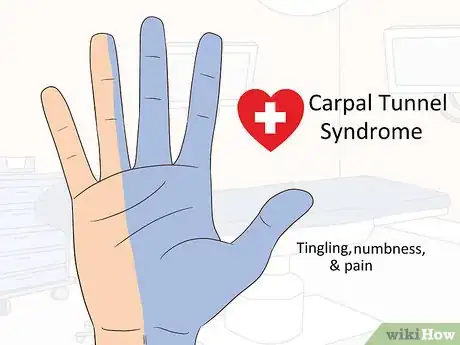
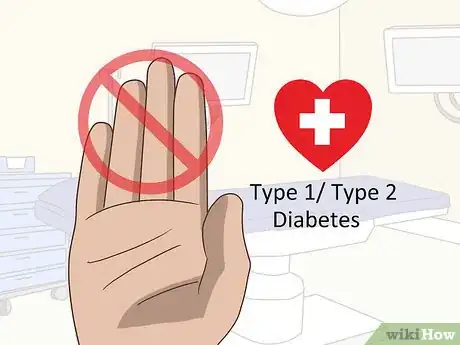
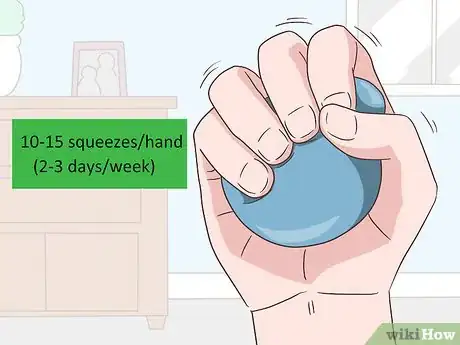
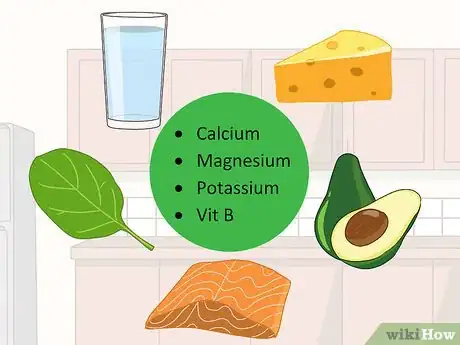
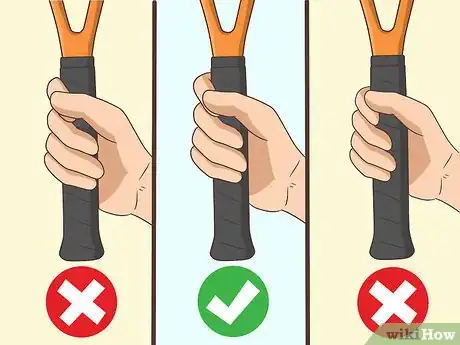
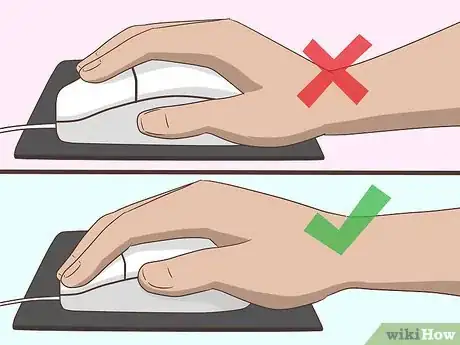
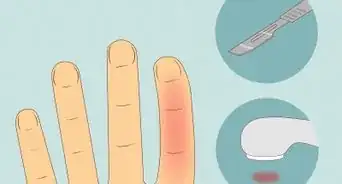
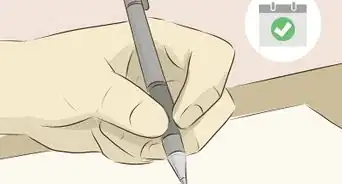

-Step-15-Version-3.webp)
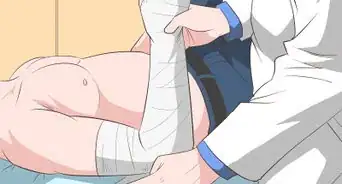



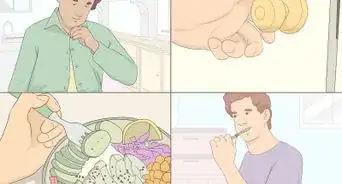
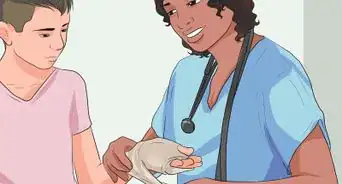
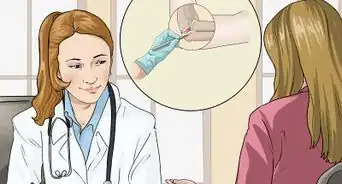


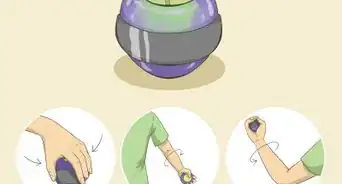







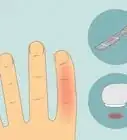
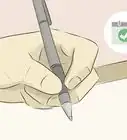

-Step-15-Version-3.webp)



































Medical Disclaimer
The content of this article is not intended to be a substitute for professional medical advice, examination, diagnosis, or treatment. You should always contact your doctor or other qualified healthcare professional before starting, changing, or stopping any kind of health treatment.
Read More...